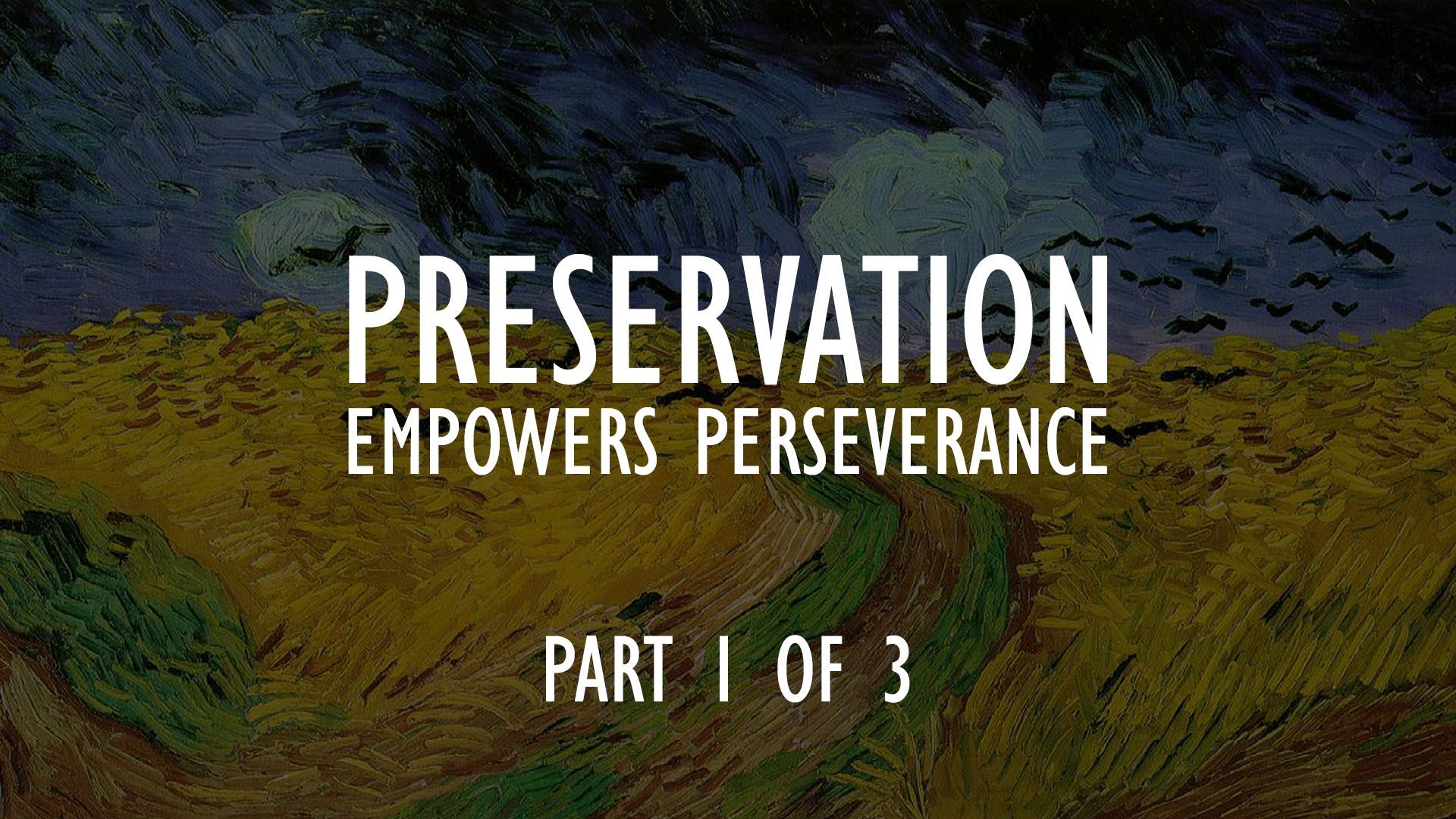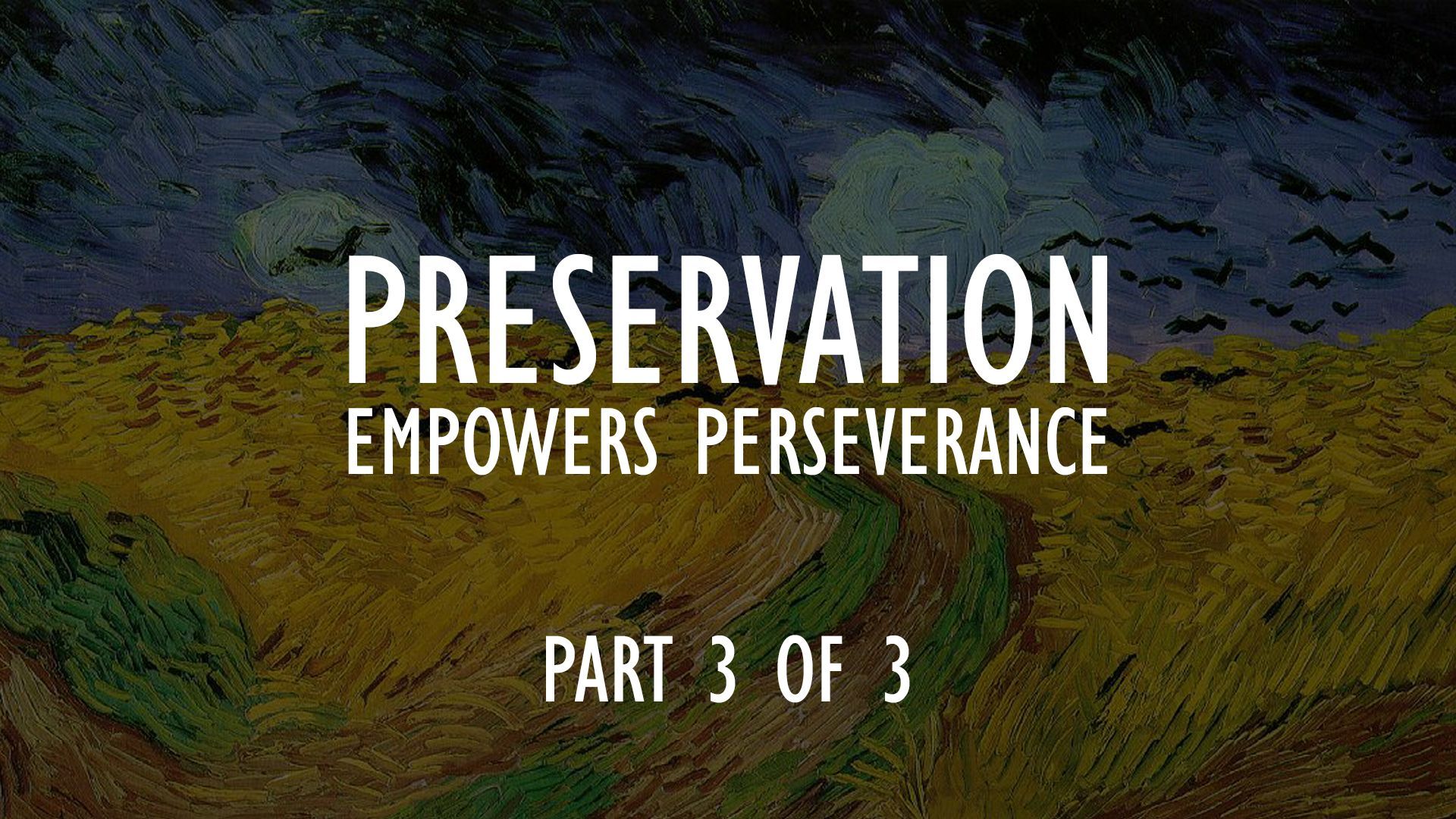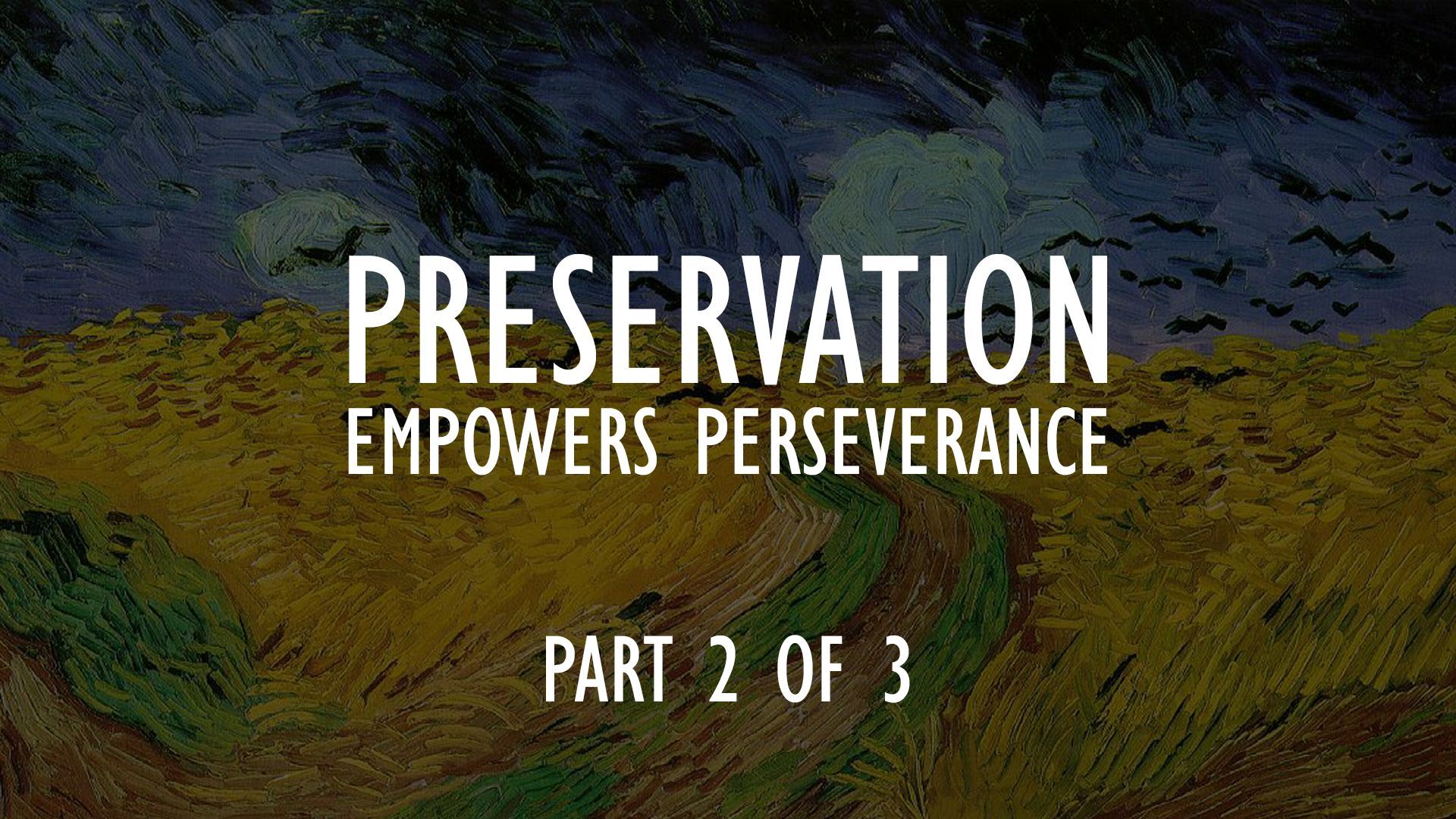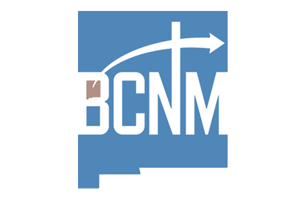Come join us in worship or in tc_Groups
The Importance of Church Involvement in the Inquiry and Fitness of Elder Candidates
A Reason for Elder Candidate Inquiry and Idea List of Questions

The Importance of Church Involvement in the Inquiry and Fitness of Elder Candidates
In the life of a local church, few decisions carry as much weight and consequence as the selection of elders. These men, who are called to shepherd the flock, must not only embody spiritual maturity but also demonstrate a deep commitment to the doctrines and practices that define the church. For a Southern Baptist congregation rooted in the Reformed Baptist tradition, where the plurality of elders is a distinctive feature, the process of examining elder candidates is a critical task that demands the involvement of the entire church body.
The Bible provides clear qualifications for elders in passages such as 1 Timothy 3:1-7 and Titus 1:5-9, emphasizing the importance of character, teaching ability, and leadership within both the church and the home. However, while these biblical qualifications are the foundation, the responsibility of discerning whether a candidate truly meets these standards lies with the local congregation. The church must not only affirm that a man is biblically qualified but also ensure that he aligns with the specific theological convictions and practical commitments of the church.
This inquiry process is not a mere formality. It is a vital act of stewardship, safeguarding the church’s doctrinal purity, spiritual health, and unity. The questions posed to elder candidates serve to reveal their understanding of the gospel, their theological positions, and their philosophy of ministry. By engaging in this process, the church exercises its God-given authority to ensure that those who lead are men who will faithfully teach the Word, uphold sound doctrine, and model Christlike leadership.
Moreover, the church’s involvement in this process underscores the communal nature of church life. Elders are not lone shepherds; they are part of a team that leads under the headship of Christ and with the support and accountability of the congregation. As such, the church’s voice in the selection process is indispensable. It reflects a collective commitment to Christ’s lordship over the church and a shared responsibility for the spiritual well-being of the congregation.
In light of these considerations, the questions outlined for elder candidates are designed to probe deeply into their conversion experience, theological convictions, ecclesiological views, qualifications, and family life. These inquiries are not meant to be exhaustive but rather to provide a comprehensive assessment of a candidate’s fitness for eldership. The answers to these questions will inform the church’s discernment and help ensure that those who are appointed to this sacred office are truly called, qualified, and prepared to serve.
As we move forward with this process, let us do so with prayerful dependence on the Holy Spirit, seeking wisdom and unity as we entrust the leadership of our church to men who will faithfully shepherd the flock of God among us.
CONVERSION QUESTIONS
These questions explored the nominee’s experience of saving faith and the Christian life.
1. Share your testimony of repentance and faith in Jesus. Tell us briefly when you trusted Christ as Savior and the circumstances surrounding your commitment to Christ.
2. Have you been baptized? What do you believe concerning baptism? (Note: our church had also recently required baptism for membership, so there could have been unbaptized members!)
3. Describe the condition, status, or details of your current relationship with Christ.
THEOLOGICAL QUESTIONS
An elders must be able to teach (1 Tim. 3:2) and hold firm to the trustworthy word as taught, so that he may be able to give instruction in sound doctrine and also to rebuke those who contradict it (Titus 1:9). We also wanted to know where an elder candidate stood on certain secondary matters that were significant issues for our church. So we asked:
1. What is the gospel?
2. Are you in full agreement with our statement of faith?
3. What are some theological issues that you consider important or that you want to see emphasized more at our church?
4. What is the role of women in the church? What are your views on manhood and womanhood?
5. What do you believe concerning the sovereignty of God, particularly God’s sovereignty over salvation?
6. What is your view of spiritual gifts, specifically speaking in tongues and prophecy?
7. What is the role of spiritual “leadings” in the Christian life? How do we make decisions?
ECCLESIOLOGICAL QUESTIONS
We particularly wanted to understand how an elder nominee thought about the local congregation. This often revealed the man’s philosophy of ministry.
1. Do you believe there is a difference between a pastor and an elder? And if so, what are the differences?
2. What do you believe about church membership? Why is membership in a local church important? If you were an elder, what difference would that make to your relationships with church members versus non-members?
3. What is the relationship between baptism and membership? Are you comfortable with the requirement of baptism for membership in the local church?
4. What are your beliefs with regard to church discipline? Relate any personal experience. How would you handle a case of scandal or immorality by a church member?
5. Many children who appear to be converted at an early age show no evidence of knowing Christ later. How do you handle children when they come to you for counsel concerning conversion? What is your advice to parents?
6. What do you think our church most needs to focus on right now? What weaknesses do we have as a church? How do we need to grow?
QUALIFICATION QUESTIONS
These questions explore the candidates’ self-assessment of elder readiness. We would, of course, need to corroborate such assessments through input from others in the congregation.
1. How or why do you think God is leading you to accept this nomination? Why do you desire to be an elder?
2. Read 1 Timothy 3:1-7 and Titus 1:5-9. Based on your self-assessment, how do you believe you measure up to these qualifications?
3. In what ways have you served this church or previous churches?
4. Elders must be able to teach (1 Tim. 3:2). Do you feel equipped to exercise a teaching ministry in the church? If not, how are you seeking to equip yourself?
5. Elders are called to shepherd the body of Christ (1 Pet. 5:2). Who are you currently shepherding or discipling, and in what ways?
6. Give an example of a time you had to confront or correct someone in a local church. How did you go about it? Is this something you are willing to do?
FAMILY QUESTIONS
Technically these questions are part of the “qualifications” category above. However, we wanted to drill down into marriage and family issues because of the critical role the family plays as a proving ground for caring for Christ’s bride and managing God’s household.
1. How would you describe the quality of your marriage?
2. How would your wife and children describe your leadership in the home?
3. What encouragements or concerns would your wife have about you serving as an elder?
4. Have you ever been divorced?
5. Have you looked at any pornographic images the last year on your computer, TV, a magazine or otherwise? What are ways that you are actively seeking to guard your heart against lust?
6. Do you (or have you ever) hit or physically coerced your wife? If so, under what circumstances?
7. How are your household finances? Do you carry personal debt?





